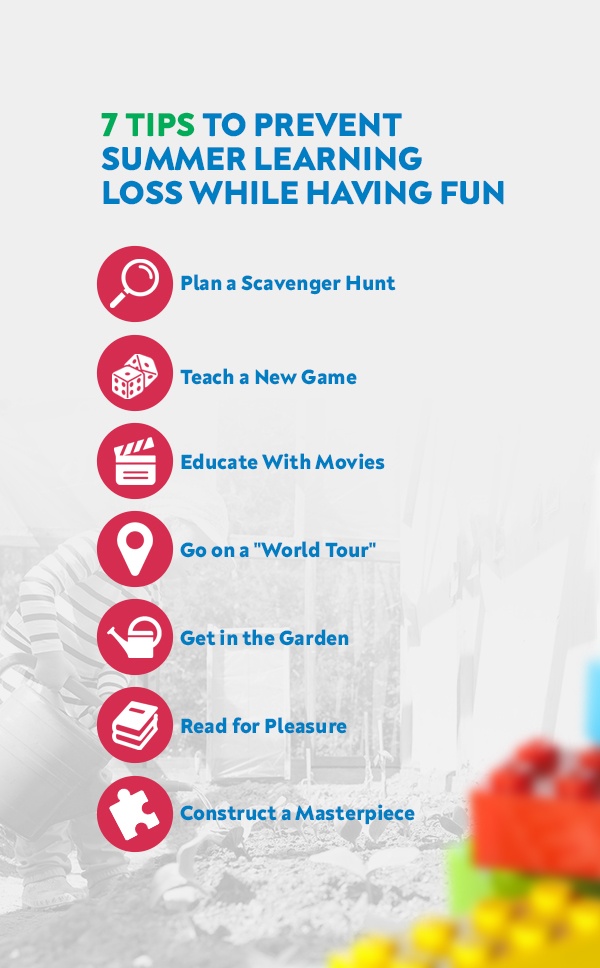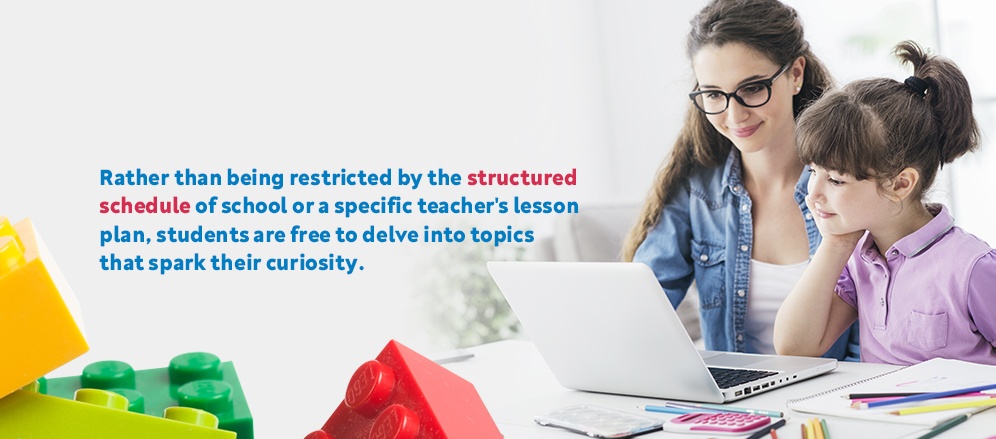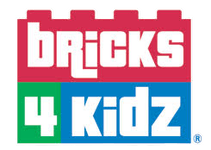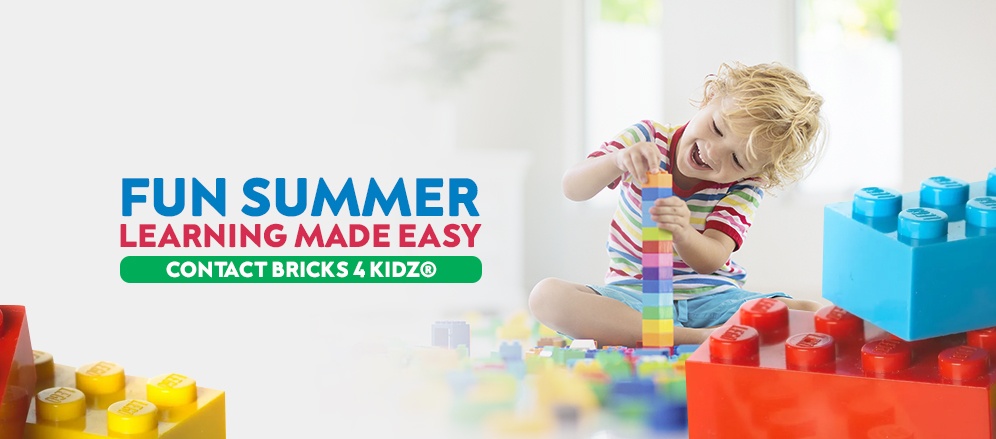
7 Tips to Prevent Summer Learning Loss While Having Fun
Check out these seven tips for fun, easy and affordable ways to keep kids learning at home this summer:
1. Plan a Scavenger Hunt
Scavenger hunts are a great way to keep kids motivated to learn by offering some sort of prize or reward for completing the hunt. You can disperse academic activities throughout the hunt that require your kids to solve a math or vocabulary exercise in order to receive the next clue.
Scavenger hunts are also versatile and easily adaptable to suit your situation. For example, if you don’t have many objects to hide at home, you could create a scavenger hunt for your local museum where the answers to each clue come from viewing the exhibits. You could also, make a digital scavenger hunt where all the answers are a picture of what the clue asks for, such as a photo of a duck in the park. The possibilities are endless.
Extra Credit: If you have multiple children, you can turn the scavenger hunt into a competition for a bit of added motivation.
2. Teach a New Game
Chess is especially known for increasing kids’ critical thinking skills, but it’s not the only option for strategic fun. Any type of game that requires calculated thinking, such as Battleship, Stratego or Mastermind, serves as a sneaky way to get your children to learn by exercising a different part of their brain.
If you don’t know how to play chess, this is the perfect opportunity to learn together. Leading by example will demonstrate to your child that everyone starts out as a beginner, but learning is worth doing whether you’re in school or not.
Extra Credit: If your children end up falling in love with chess or other games, you can sign them up for a chess club and encourage them to teach the game to their friends.
3. Educate with Movies
Teaching kids with movies does not necessarily mean showing them educational movies. This idea extends far beyond documentaries and “The Magic School Bus” — although “The Magic School Bus” is a wonderful teaching tool.
Teaching your children through movies can be as simple as discussing their favorite Disney movie after watching it together. Talk about the deeper themes of the movie, what lessons it taught and why certain characters may have acted as they did. What decisions or events could have happened differently to change the ending of the story?
Extra Credit: If your child is interested in the theater and drama, consider acting out their favorite movie. You can take this one step further and perform an original screenplay written by your child. You can get the whole family involved and assign parts to each member. For the musically inclined, don’t be afraid to make up your own songs and choreography!
4. Go on a “World Tour”
Encourage your child to learn more about different countries’ cultures and traditions by letting them be your travel agent. Plan a week to focus on a country of your child’s choosing and research what it is known for — from animals and plants to food and clothes.
This activity can teach your child to appreciate other customs and respect cultural differences, and it can also be a great opportunity to learn some geography. Get to know the featured country’s major cities and capital. If you “visit” a different country each week of summer vacation, you’ll be around the world in no time.
Extra Credit: If your child loves maps and can’t wait to explore, try geocaching. To geocache, simply go online to find clues or GPS coordinates near you. Then, use your GPS-enabled device to follow those clues and locate the weatherproof objects hidden in publicly accessible places. This is a fun and affordable way to go on an adventure without hopping on a plane.
5. Get in the Garden
Planting seeds in your home garden is the perfect way to teach your kids the basics of science and how things grow. Instead of looking at pictures in a science textbook, they will get the hands-on experience of watching something sprout right before their eyes. As you’re planting your seeds together, talk about what the plants will need to grow, such as proper sunlight, water and nutrients.
In addition to science fundamentals, your children can also learn responsibility by tending to the garden and remembering to water the plants each day. By planting fruits and vegetables, they’ll get to learn exactly what steps lead up to taking a bite out of a sweet, juicy strawberry. Plus, it’s extremely rewarding for your kids to see the fruits of their labor.
Extra Credit: Use your freshly grown produce to make dinner and let your child be head chef for the day. Cooking is a fun and essential life skill that will come in handy years down the road. Encourage your child to get creative in the kitchen and prepare something delicious that no one’s ever thought of before.
6. Read for Pleasure
Is summer reading necessary? The short answer is yes — reading during the summer can help keep kids’ minds sharp and boost their literacy skills. In order to experience these benefits, kids must read books that challenge and interest them. If kids only read books below their comprehension level, studies find that a summer reading program will not improve their literacy level.
Audiobooks are often underestimated, but listening to books is another great way for kids to encounter new vocabulary words and deeper themes. Above all, remember that kids will dare to venture outside their literary comfort zone when they’re interested in what they’re reading. Think of a topic your child gets excited about and find a book about it that will stretch their reading abilities to help them grow.
Extra Credit: Check out whether your local library runs a summer reading program, as most do. Participating is a great way to keep kids motivated to read by offering small prizes for completing their reading logs.
7. Construct a Masterpiece
Show your kids that STEM can be fun by using building blocks to incorporate some engineering into their summer. There are lots of products and model kits to choose from that can stimulate your child’s creativity, motor skills, spatial awareness, hand-eye coordination, problem-solving, math skills and critical thinking. Keeping these skills sharp over the summer is valuable because research has shown that summer learning loss is worse in areas of math compared to reading.
In addition to being good for their minds, building something with their own hands gives your kids a sense of satisfaction and accomplishment. That feeling may make them want to build something again, kickstarting a cycle of internal motivation.
Extra Credit: Test your woodshop skills to help your child create something more permanent, such as a birdhouse, bird feeder or a Pinewood Derby-style car.
Learning as a Family
Incorporating learning into your family’s regular routines, such as a family game night, can help your family grow intellectually and relationally. Exploring family interests together is a valuable way to deepen your knowledge of a subject as well as your connection with each other. Everyone can learn more when you work together and challenge each other.
Many kids rely on their homes to be a safe environment to explore new things without the fear of failure. Encouraging your family to try new things together could lead to your kids uncovering a lifelong passion they never would have discovered otherwise. And if your kids enjoy learning, they are more likely to want to keep doing it and make it a healthy habit for the rest of their lives.
Before the frenzy of a new school year sets in, take advantage of the extra time you get to spend together as a family during summer. Besides, all the activities listed above are fun with more people.

How Play-Based Learning Reduces Summer Learning Loss
Learning at home does not have to feel like school to kids. Rather than being restricted by the structured schedule of school or a specific teacher’s lesson plan, students are free to delve into topics that spark their curiosity. Your kids may even discover what they want to dedicate themselves to study by pursuing their passion over the summer break.
Play-based learning can be more appealing to kids, and it is also one of the best methods of keeping their brains active during summer vacation and preventing summer memory loss. This is because educational activities must be voluntary in order for children to be invested in their learning.
Studies show that academically focused activities that students do not get much of a choice in — such as tutoring sessions — are not as effective at stimulating learning compared to home-based activities. In fact, sending children to summer school may result in lower test scores in the fall.
Finding fun ways to incorporate reading, writing and math into summer vacation activities for students is more effective at preventing them from forgetting all they’ve learned during the school year. In addition to being more educationally beneficial than summer school, play-based learning over the summer is also a less expensive way of preserving their knowledge.
Fun Summer Learning Made Easy
Successful at-home summer learning activities for kids may require a lot of resources, time, planning and effort. If you’d like to take a bit of a break from providing summer entertainment, contact Bricks 4 Kidz® to coordinate a fun, hassle-free learning experience for your kids.
Bricks 4 Kidz combines the fun of LEGO® Bricks with STEM principles to engage kids’ curious minds and provide fun learning at a range of events from birthday parties to virtual classes to eLearning subscriptions with weekly builds & online resources. Request a class, party or workshop with Bricks 4 Kidz today or sign up for our eLearning subscription to help diminish your child’s summer learning loss.

